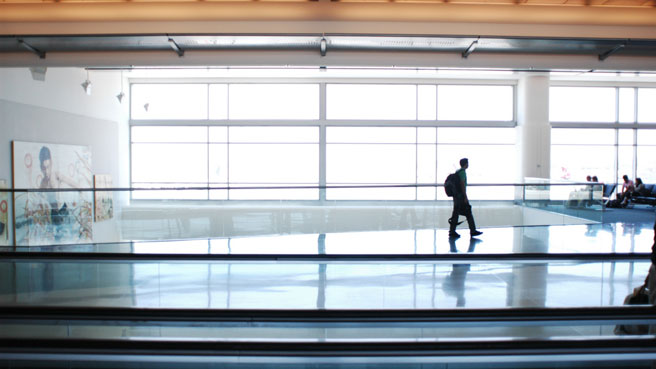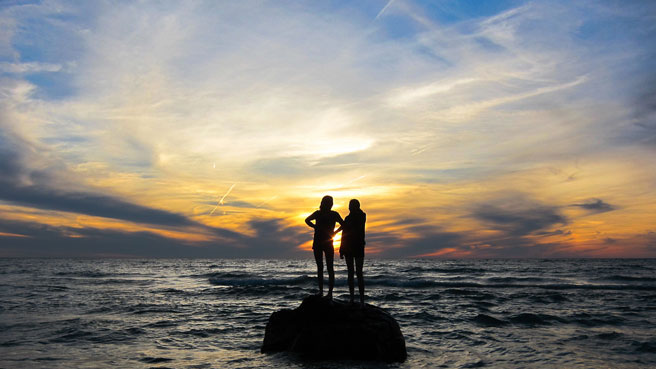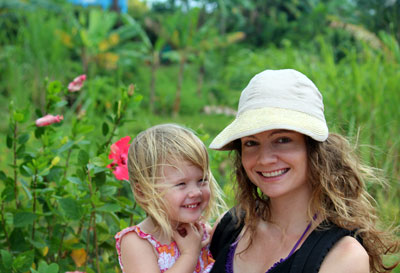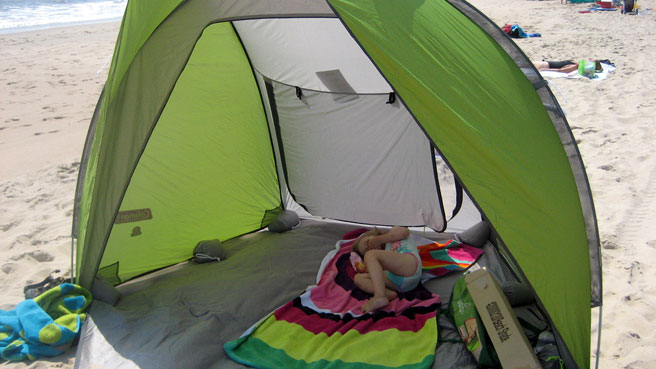A little taste of travel can reshape your entire future. It could be one magnificent tropical sunset, a raucous night in a hostel, or finally laying eyes on that marble statue you’ve only seen in books. You might be, like me, tempted to pull up your roots and go—regardless of your obligations, limitations, whatever. But when sanity kicks in and you decide that now wouldn’t be the best time, here’s a few things to do now to prepare for a lifetime of travel.
Walk as a means of getting somewhere. It’s rare in American society that we walk to get groceries or to an activity, but it’s pretty common everywhere else. When you travel, you’ll only have access to your own two feet, as well as any public transportation. It makes sense to practice walking as a means of getting somewhere. I’ve noticed that walking within the village where we live now puts me on closer terms with the shops and people, and gives me a stronger sense of community. Walking to run errands that you would normally accomplish by car makes each errand feel foreign. Rather than zoning out in the controlled environment of a car, you’ll be on the street, noticing plants and hearing others’ voices. Taking “walks” around your neighborhood may prepare you physically for travel, but walking to get somewhere gives you a better understanding of real distance.
Be social and at ease among strangers. One of the things I’ve always struggled with when traveling is making polite conversation and asking information of strangers. I’ve tried to be more social in public settings, practicing small talk and asking questions of people at the park or while waiting in line. Shyness is sometimes translated by other cultures as rudeness, and many people expect to be greeted or acknowledged before even considering answering. In the French parenting book Bringing Up Bebe, Pamela Druckerman says that French children are required to say “bonjour” to any and every person they meet, as a way of “acknowledging their humanity.” Perfecting a nice, respectful greeting and basic small talk can go a long way when lost in a foreign country or dealing with delays or cancellations.
Learn how to cope with your physical limitations. After one particularly bad bus ride, you might decide to give up traveling just to have reliable access to a bathroom. We all know our limitations, and here are some of mine: irritable when hungry, unable to focus with a full bladder, motion sick and restless on an airplane. So that these conditions don’t preclude you from traveling, find back-up plans. Some people always carry shelf-stable energy bars or nuts, stocking up on snacks whenever possible (and with a toddler, this is non-negotiable). There are ways to stay comfortable on airplane, reduce motion sickness, and control that urge to pee (or pee in secret). You can be sure, however, that your wanderlust won’t last long if your perceived limitations keep tripping you up.
Expose yourself to languages without studying them. I’ll get a Spanish grammar book from the library, with plans to re-learn all my college Spanish, and then be daunted by the first page. I’m not in school anymore, so I don’t want to study! There are easy ways to imbue your life with other languages without resorting to taking a class or serious studying. Read simple books in another language to your children, read billboards out loud in an ethnic enclave of your city, or sit by bilingual people and eavesdrop. Since you’ll probably learn more about speaking the language in one week in the country than you could ever learn from a textbook, it makes no sense to focus on correct grammar and extensive vocabulary. I do have the Mango Languages app (free with my local library account) that gives an overview of many different languages in case you’re curious about a few.
Reduce your possessions or just stop buying big items. This one was a suggestion from my husband, James, who can’t pass by Costco without buying some piece of pointless furniture or kitchen appliance. He’s beginning to notice that if we do want to leave for even a couple of months, we’d have to pay for a pretty big storage unit to store all the stuff we’ve accumulated. Even though we downsized recently, and sold or gave away most of the stuff from our garage, our apartment closets are packed with rarely used things like camping gear, ski stuff and a Christmas tree. You don’t want to be left empty handed when you come back from traveling, so don’t sell all your possessions as a symbol of your freedom. As much as I love decluttering, there are many things I’m just not sure I could let go of.
If you aren’t able to travel right now, because of work, health or small children, I hope you’ll considering doing some of these things in the meantime. Find a balance between working toward your travel dreams and living a full life.








0 Comments